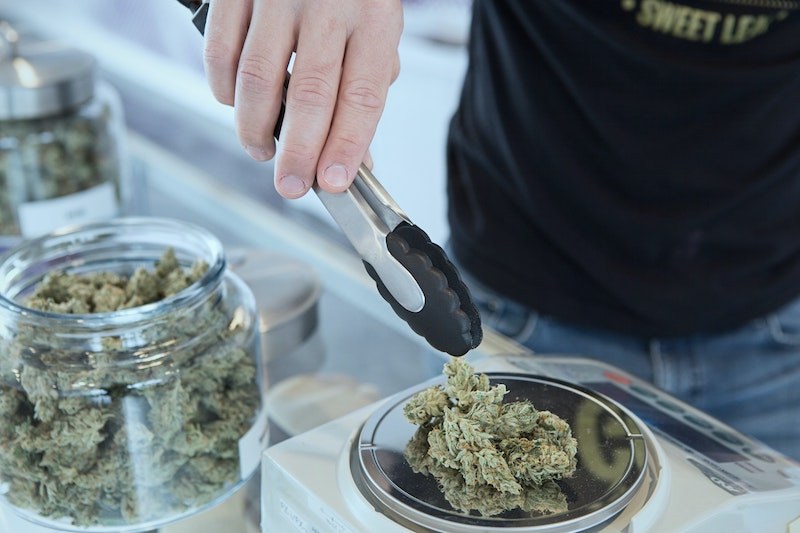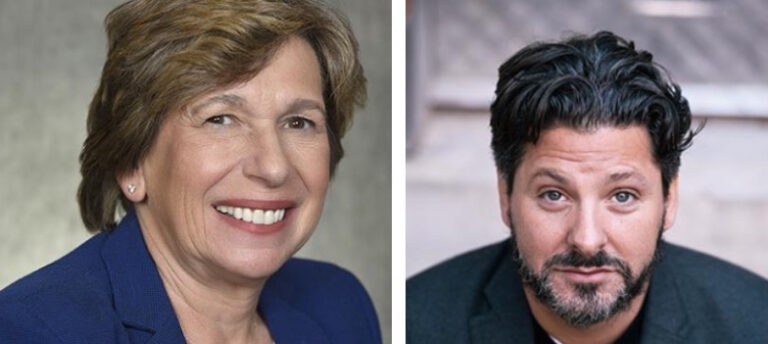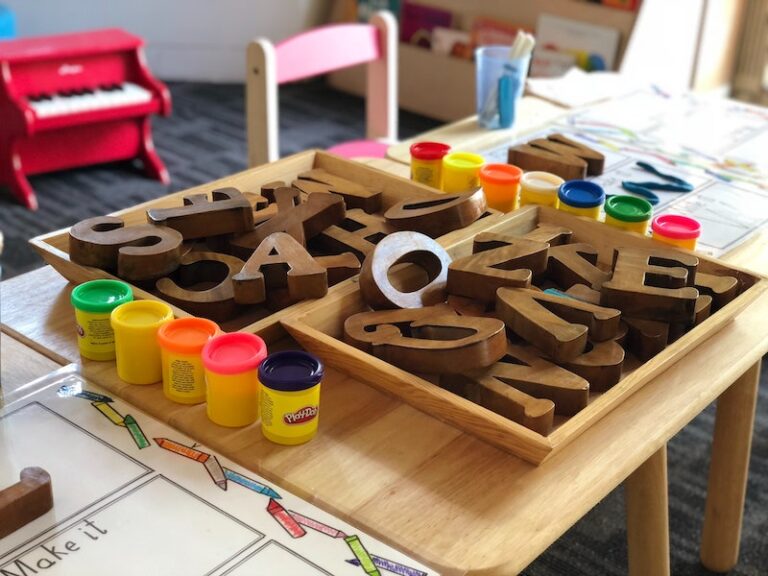By Donna M. Chiera / AFTNJ President
On Nov. 3, 2020, New Jersey residents voted to legalize marijuana, and it took until April 21, 2022, for the first recreational dispensaries to open in the state.
So much has happened during the 17 months in between, notably the heated debates about tax rates, governing boards and certifying licenses. Some clear regulations were put into place during that time, including those related to legal age and driving under the influence.
But as an educator for 33 years, my concerns are with what is not in place — issues that can affect our students and schools.
Research and data have documented the developing brain between birth and five years old. We have also learned through the years that young children in households where an adult smoked tobacco were more likely to develop asthma and allergies.
The impact of secondhand tobacco smoke has become common knowledge. Has there been a discussion at any level how secondhand smoke from marijuana can impact brain development? We are warning parents to keep their edibles away from children and pets. But where is the education messaging for parents on the impact of young children being exposed to parents and adults who are legally smoking weed and about keeping edibles out of reach?
The state adjusted its current curriculum to include cannabis legalization. Do we have an educational program or messaging for parents and the general public on what the laws are and the consequences for violating them?
What procedures, if any, does an educator or school employee follow if a student comes to school with a “contact high”? Is this something that we will just accept as a consequence of legalization, or is this something school employees need to report — and if so, who do we report it to?
School district policies have specific regulations on no-smoking zones and coming to work under the influence of alcohol or drugs. Testing methods are defined and standards are established. To my knowledge, New Jersey has not conveyed any type of cannabis regulations to school districts. Most districts will just add them to the existing policy. However, without clear guidance and standards related to marijuana, there will be disputes on what is deemed acceptable for the workplace.
I realize that during this time frame between legalization and implementation, we were faced with the pandemic, but we found time and energy to work out the nuts and bolts of opening dispensaries. Gov. Phil Murphy said he is looking at a “legislative fix” that would prevent off-duty police officers from using marijuana. But I believe our students, schools and cannot wait another 17 months for policymakers to deal with these issues. We don’t need to reinvent the wheel: There are other states we can learn from, and all it would take is a phone call or an email.
Passing and signing the legislation was a financial and social win for New Jersey residents, but we all lose if we don’t have legal and safety procedures in place to protect our most valuable resource: our children.




